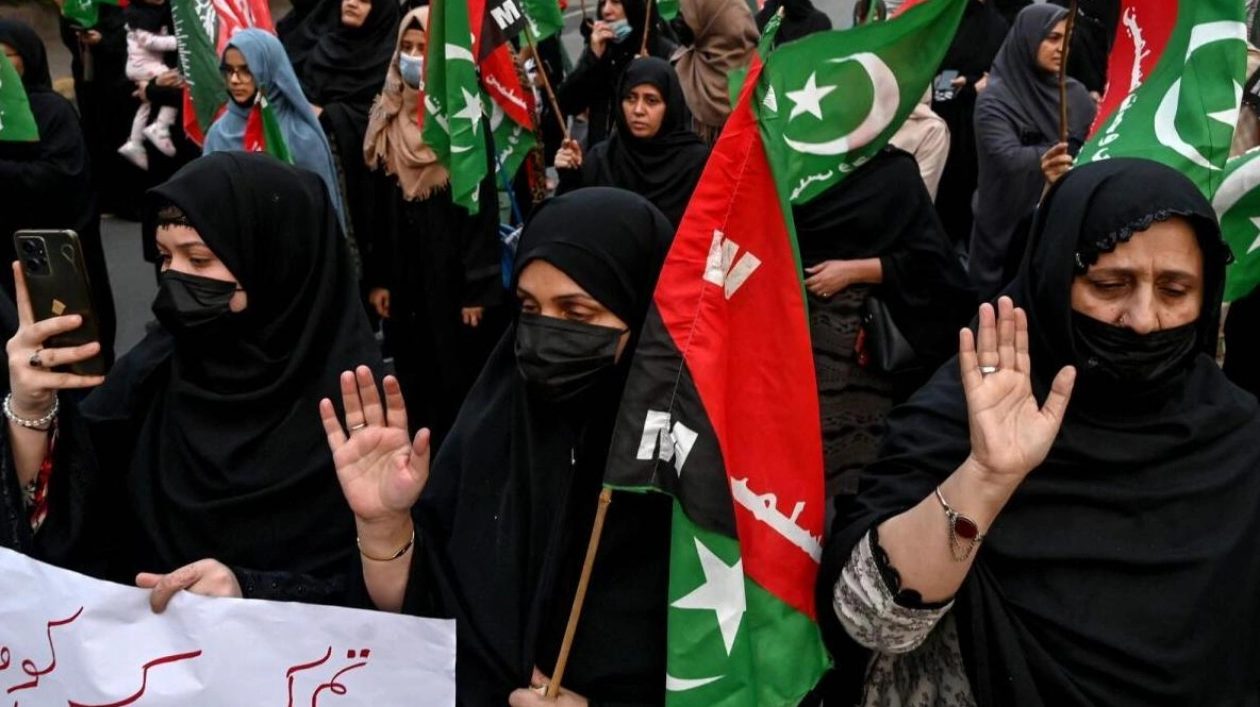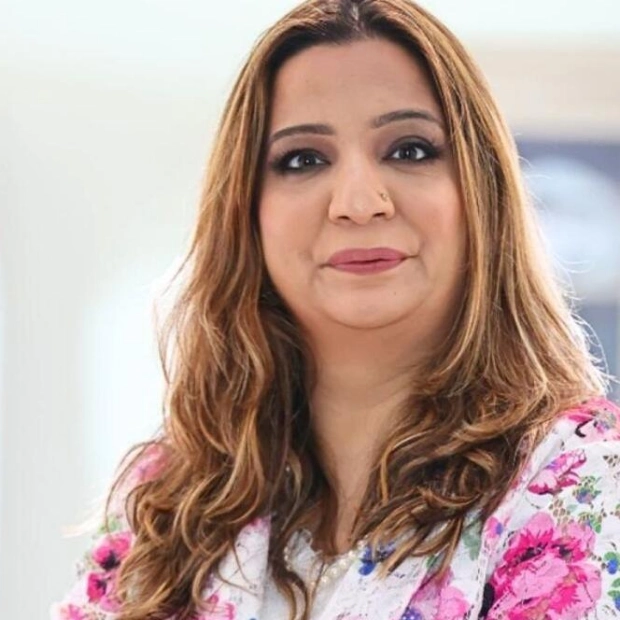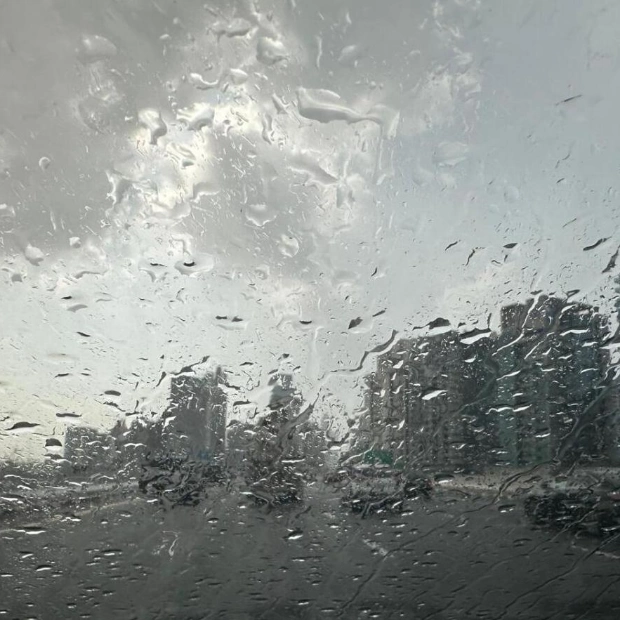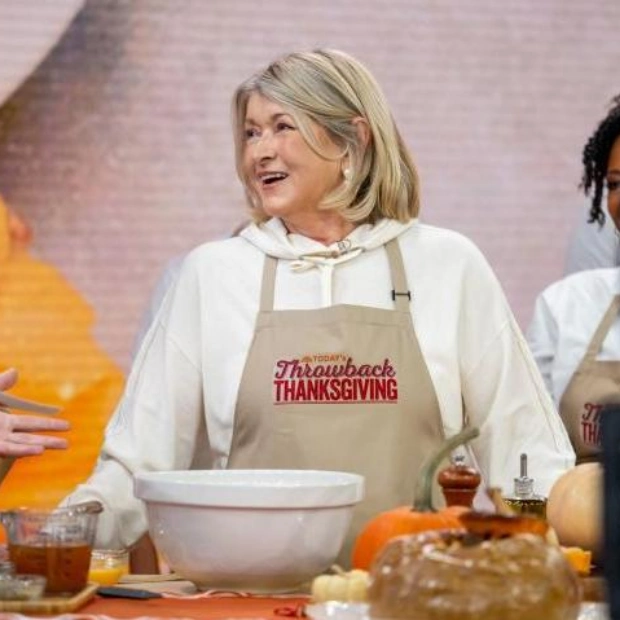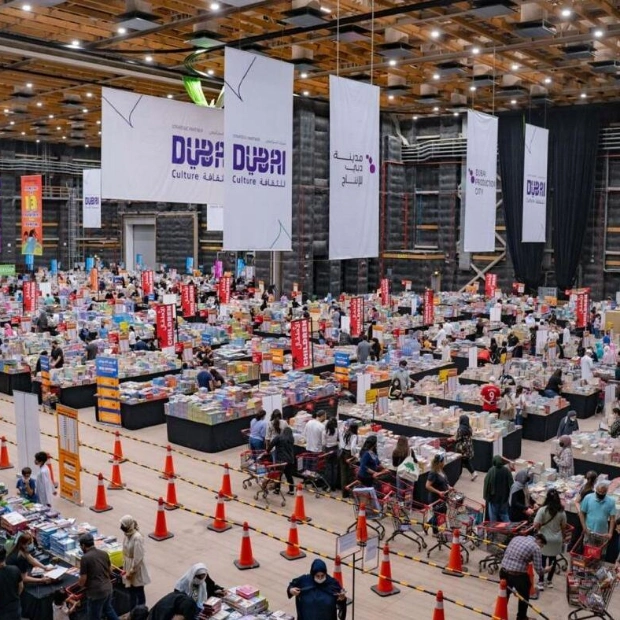Protesters hold placards and chant slogans during a march against sectarian violence in Kurram district, Parachinar, in the mountainous Khyber Pakhtunkhwa province, on November 22, 2024. – AFP file
Once again, Ali Ghulam welcomes mourners to his home—his brother and nephew were killed 40 years apart in the same sectarian conflict that reignited this year in northwest Pakistan, claiming over 200 lives since July. Thousands of residents in remote parts of Kurram district, which borders Afghanistan, are stranded without food and medicine as the government struggles to end clashes between Sunnis and Shias, rooted in decades-old disputes over farmland.
"Our generations long for peace," 72-year-old Ghulam told AFP at his home in Parachinar, the main town and a Shia stronghold in the troubled district. The recent surge in violence has "reopened old wounds," he said, recalling how his brother was killed in a 1987 attack that also injured three of his other brothers. Kurram, nicknamed the "Parrot's Beak" for its protrusion into Afghanistan, is surrounded by towering mountains, including the Tora Bora caves where Al Qaeda leader Osama bin Laden once hid.
Pakistan's northwestern border regions have long been a refuge for various militant groups, with militants and weapons moving freely between Pakistan and Afghanistan. "I have never known peace in my life and have no hope that future generations will live without fear," Ghulam said. Tribal and family feuds are common in Pakistan, but they can be especially prolonged and violent in the mountainous northwest, where communities adhere to traditional codes of honor and revenge.
The latest wave of violence in Kurram began in May and escalated in July when gunmen attacked a council of elders trying to resolve land disputes. Since then, various truces have been announced, but they have only lasted for weeks or days. More than 300 shops and over 200 homes in Sunni areas have been destroyed, often by fire, and hundreds of families have fled. Pakistan is predominantly Sunni, with Shias comprising 10 to 15 percent of the population, or at least 25 million people. The two sects have periodically clashed in Kurram, where Shias are particularly vulnerable as they must pass through Sunni-majority areas to access essential services.
Kurram's strategic location on the Pakistan-Afghanistan border has made it a focal point of religious and political upheavals over the past five decades. In 1979, Shias led a revolution in Iran, and later that year, the Soviet Union invaded Afghanistan, prompting Sunni hardliners to rise up against them. "It became a hub for supplying arms to Afghanistan, including landmines, mortar shells, and weapons of all kinds. Every household in Kurram had a stockpile of weapons," local tribal elder Malik Attaullah Khan told AFP. Khan, who signed a 2007 agreement aimed at bringing peace to Kurram, criticized the government for failing to enforce land settlements.
The ethnic Pashtun region was merged into the Khyber Pakhtunkhwa province in 2018, but the Pakistani state maintains limited control in these areas. In rural Pakistan, villages often bypass the formal justice system, relying on men-only "jirgas" or councils of respected elders to resolve disputes, sometimes through fines or land reallocation. Ghulam's nephew was among at least 42 people killed last month when Sunni gunmen attacked a convoy of Shias escorted by police.
In retaliation, a market in a Sunni-dominated area was set ablaze. Syed Ghani Shah told AFP that his cousin was burned to death inside his shop. "When we buried him, he was so unrecognizable that we couldn't even let his parents see his face," Shah said. "Can we ever achieve peace after this? Never. If given the chance, we will avenge our blood," he warned. Authorities have imposed curfews and road closures to prevent further violence, providing escorts through high-risk areas and using helicopters to deliver supplies.
However, Akbar Khan, a representative of Pakistan's independent Human Rights Commission, told AFP that the state needs to do more to address the issue. "In the past, jirgas were successful because they had the full support of the state. Now, the authorities don't even provide the funds needed to hold a jirga," he said. Fatima Ahmed's husband was killed last month while traveling to Islamabad to arrange her admission to medical college. "I don't want to live without him. I've lost my will to exist," the 21-year-old told AFP. "They haven't just martyred my husband—they've also destroyed my dreams with him," she said, tears streaming down her face.
Source link: https://www.khaleejtimes.com
